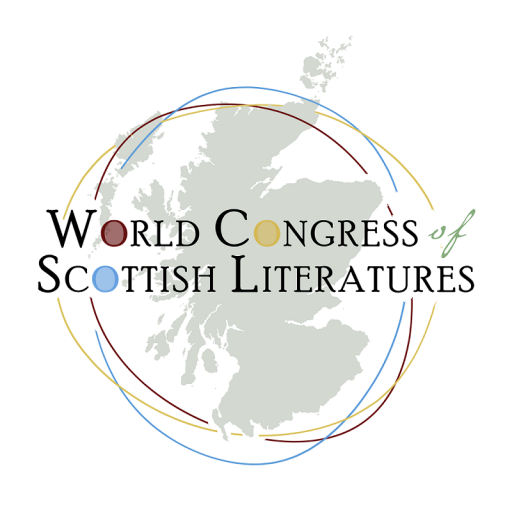James Hogg in the Nineteenth-Century American Periodical Press: Promoting Social Diversity and Democratic Values
This paper highlights Hogg’s significant presence in the American periodical and newspaper press during the first half of the nineteenth century, exposing how a more lenient perception of norms of politeness moved the reviewers’ attention to Hogg’s writing talent. Scottish reviewers tended to emphasise Hogg’s social origin as the cause for his lack of delicacy, while in North America, Hogg’s humble origins and outstanding writing career assumed an important political agenda, particularly in those periodicals that advocated the end of slavery and the emancipation of Afroamerican citizens through education. Abolitionist periodicals were inclined to emphasise Hogg’s literary achievement from obscurity, setting his achievements as an example of resilience and democracy to ex Afro-American slaves. The American democratic ideals also enabled Hogg to re-engage with his own re-interpretation of the marriage plot, which promoted a socially and ethnically diverse society both in Britain and the growing United States of America. This paper provides an overview of where Hogg’s works and reviews appeared, before focusing on two specific texts which Hogg wrote especially for the American periodical press: the ballad ‘Bruce and the Spider’, and ‘Tales of Fathers and Daughters’, with the latter exhibiting Hogg’s transatlantic version of the marriage plot.
Barbara Leonardi, Independent Scholar
